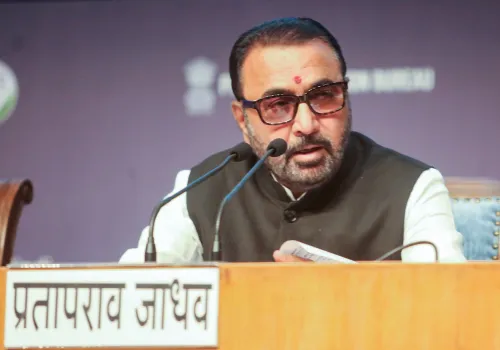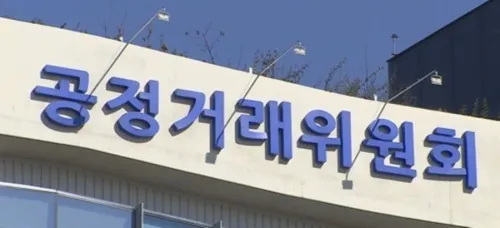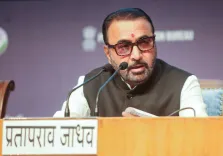Is the Average Price of Apartment Transactions in Seoul Reaching New Heights?

Synopsis
Key Takeaways
- The average apartment price in Seoul has reached a historic high of 1.41 billion won.
- Government regulations have implemented a 600 million won cap on mortgage loans.
- Loan applications have seen a drastic decline of 56.5 percent.
- Price polarization is increasing, with a quintile ratio of 12.0.
- The apartment price outlook index has dropped below 100.
Seoul, July 27 (NationPress) The average sale price of apartment units in Seoul has exceeded 1.4 billion won ($1.01 million) for the very first time, according to data released on Sunday.
As per the findings from KB Kookmin Bank, the average price of apartment units sold in Seoul during the initial weeks of this month reached 1.41 billion won, reflecting a rise of 1.28 percent year-on-year.
This comes after the previous record of 1.3 billion won achieved in April, indicating a persistent upward trajectory, as reported by Yonhap news agency.
The average price in the 14 northern districts of Seoul was noted at 1.01 trillion won, while the 11 southern districts recorded an average of 1.76 billion won, according to the released data.
The nationwide apartment price quintile ratio reached 12.0 in July, the highest since records began in December 2008, highlighting a growing disparity in prices between upscale and lower-cost homes.
In Seoul, this ratio hit a record 6.5, showcasing the most significant price polarization ever recorded.
This ratio compares the average prices of the top 20 percent of apartments with the bottom 20 percent.
However, the apartment price outlook index for Seoul declined to 98.0 in July, down from 133.9 the previous month, marking the largest monthly decrease since April 2013.
This is also the first instance where the figure has dipped below 100, suggesting that a majority of respondents anticipate a decline in prices.
The drop in the index is partly due to the government's stricter lending regulations introduced in June, which limited mortgage loans in the capital area to 600 million won to tackle soaring household debt and housing costs, as stated by officials.
Following the enforcement of stricter loan regulations, applications for such loans have more than halved, and the growth rate of outstanding loans at major banks has notably decelerated, according to data released on Sunday.
During the first 18 business days of July, the average daily total of household loan applications, encompassing mortgage and credit loans, submitted to banks was 1.78 trillion won (US$1.29 billion), reflecting a 56.5 percent decrease from the same period in June, as per financial authority data.
On June 27, the government instituted a 600 million won cap on mortgage loans for property acquisitions in the capital area and halted home-backed loans for individuals owning multiple properties, effective the following day, to mitigate rising household debt and property prices.
As of Thursday, outstanding household loans at the top five banks—KB Kookmin, Shinhan, Hana, Woori, and NH Nonghyup—totaled 758.92 trillion won, an increase of 4.08 trillion won since the end of June.
However, the average daily increase was 170.1 billion won in July, down 24 percent from the previous month's average of 225.1 billion won.










